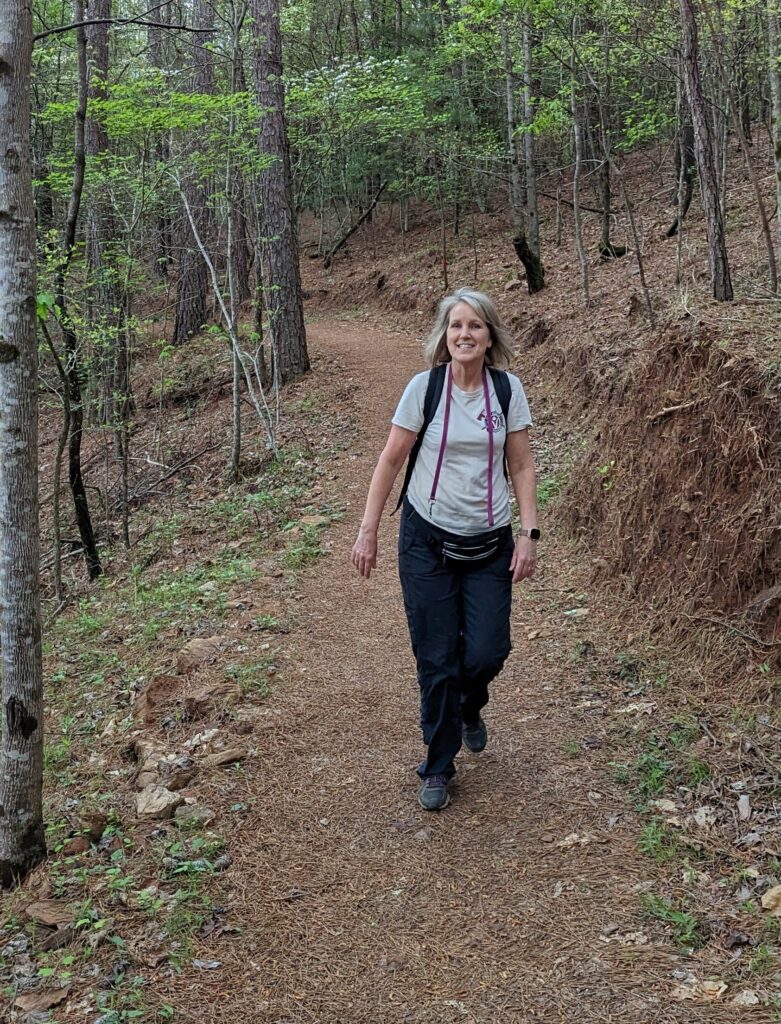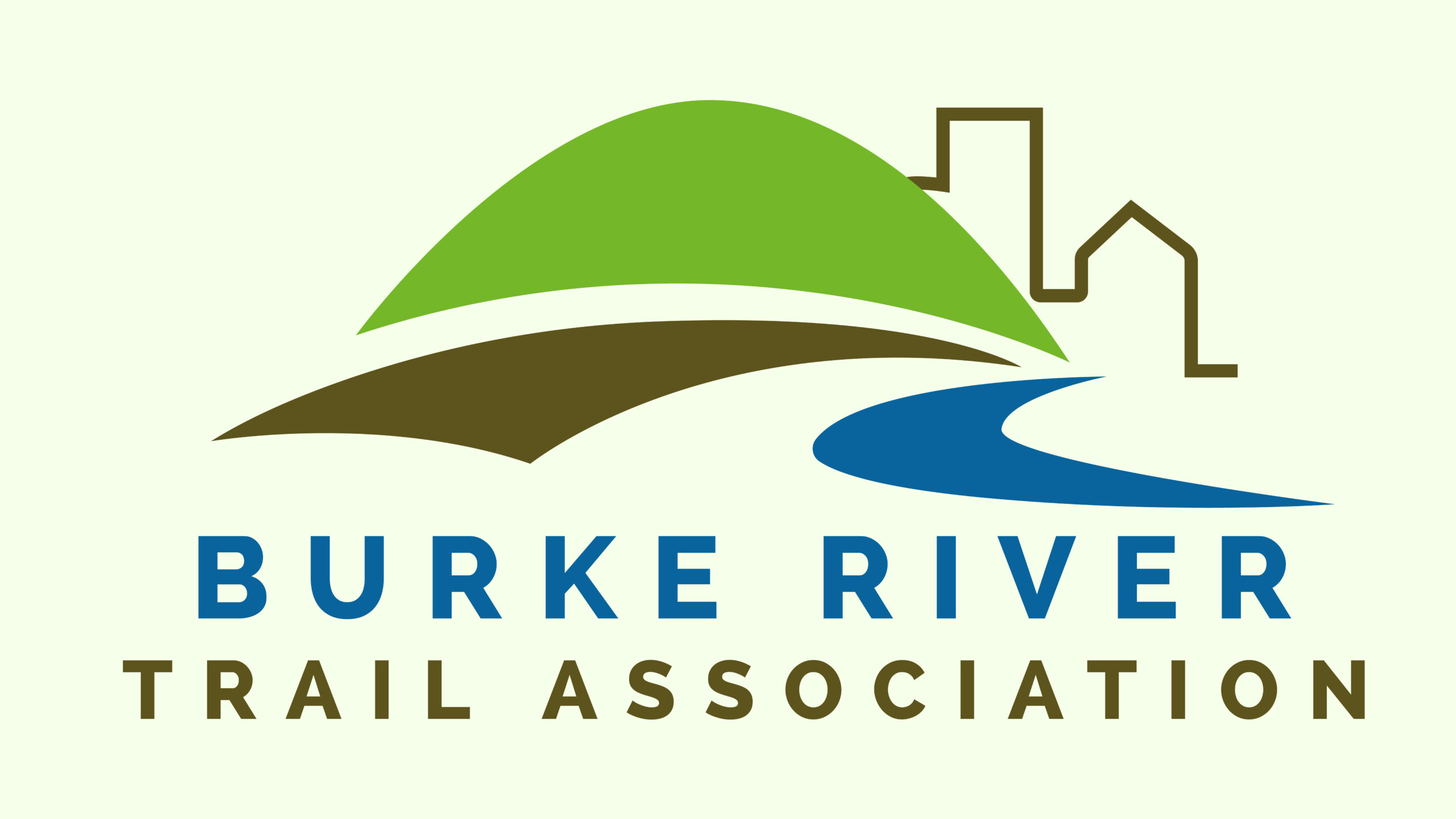 How does public trail end up on a private landowner’s property?
How does public trail end up on a private landowner’s property?
Through a trail easement agreement that is recorded with the property deed.
The following information will help a landowner know a little more about the process and help with deciding to allow trail on their land.
Landowners – Trail FAQ Download
What are you asking from landowners?
We are asking landowners to work with us to connect existing sections of trail. We are happy to work with you to find a route through your property that is suitable to you. We are willing to acquire the trail through acquisition of narrow portions of the property for the trail or through right-of-way easements. We can discuss the benefits of each of these options in detail with you. The choice is yours – allowing trail will not be forced.
What are you offering landowners in return?
The majority of the properties we acquire are donated. Donations allow landowners to take advantage of tax deductions from the federal, state and local governments.
How will you control crime on the trail?
Most importantly for landowners, execution of a formal trail easement greatly reduces the potential liability to landowners for injuries occurring on their property. This feature makes the trail easements desirable for landowners who wish to share their property and for those who would simply like to limit unauthorized use and legal liability. Whether your property is being accessed by ATV riders or as a thoroughfare for trespassers, simply ignoring unauthorized use of your property places you at legal risk.
A trail easement reduces liability concerns and provides assistance in controlling unauthorized use of the land. Trail easements are patrolled and cleaned by local Recreation staff and volunteers. While many landowners worry about crime or unwelcome visitors to their property, our experience has shown the opposite effect. By cleaning, signing and patrolling a section of trail, we send a clear message to the public that the property has been “reclaimed.” While we cannot guarantee that there will not be crime, those individuals looking for a spot to partake in illegal or unwanted behavior generally move to a less risky location.
Will the trail hurt my property value?
Over the past 20 years, study after study has shown that proximity to natural areas, public parks and greenways increases the value of adjacent properties. The preservation of open space near a home and close access to public hiking and paddle trails are valuable selling points for which many buyers are willing to pay a premium.
Will I be liable if injuries occur on the trail?
NCGS Chapter 38A limits the liability for landowners who provide formal trail access to the public. If landowners execute a formal trail easement, liability for injuries is limited for all but willful and wanton acts by the landowner. This is the same legal standard that governs trespassers on your property. This statutory limit of liability makes trail easements desirable for landowners who wish to share their property and for those who would simply like to limit unauthorized use and legal liability.
What will a trail easement prevent me from doing on my property?
In general, a trail easement will not prevent landowners from undertaking normal activity on their property. Easement terms vary, and can be tailored to fit each landowner.
